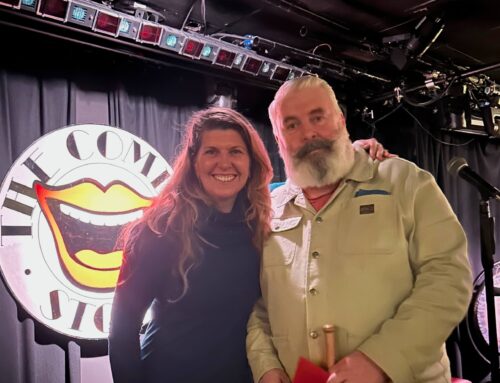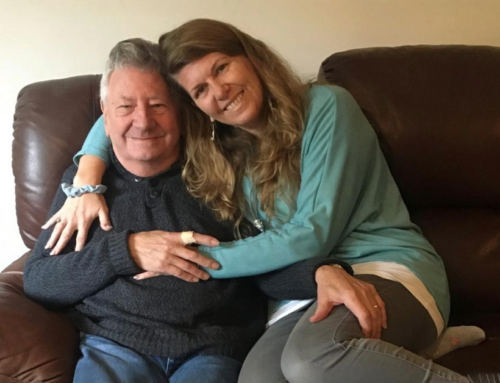Picture the scene, as though it was the start of a film.

There’s no mistaking the time of year – it’s holiday season once again, and all around, families gather for their annual get together. You’ll most probably be attending a social occasion of some kind yourself during the coming weeks, and how do you feel about it?
Be honest. Are you excited? Happy?
Or is it more like dread at the thought of yet another family fiasco replaying itself once more?
Holidays can be hard
Taking time off to spend with family sounds like it should be so idyllic. But as the holidays approach, we often find ourselves cranking up a gear, just when our bodies are feeling the need to slow down.
So we often arrive at the big events with our families tired and run down, maybe a little bit stressed, and almost always anticipating what’s about to unfold. After all, the collision of family is what tends to make the day so memorable.
Most of us could probably rattle off an account of the past five or so Christmasses – maybe there was an argument, an unexpected disaster, or a memorably wonderful time.
There’s not many other days of the year that are repeatedly so memorable.
All in all, it’s the perfect recipe for a whole lot of conflict – spoken or suppressed – to unfold. And the truth is, we can’t change anything about how other people show up to it. What we can look at is our own reaction to what takes place.
We create our reality
A great place to start is by examining the assumptions and expectations we bring before things start.
One of the ways we can be at War with the people around us involves us gathering evidence to support our take on things, and this is something that often comes up at Christmas. It’s almost as though we have a script already written – a movie of What Christmas is Like that we’re running in our heads.
Within this framework, we can actively see those around us behaving exactly as we knew they would. Sure enough, you start to accumulate evidence: there’s your bossy aunt, your selfish father, your tactless brother-in-law. All showing up and playing their roles, exactly as you expect them to.
But if this were a movie, where would we place ourselves? Quite often it’s not as a character in the film, or at least not one causing any of the issues. We think of ourselves as being the neutral party. Or, if pushed, we find justifiable reasons for why we revert to certain behaviours. When your mother’s being her usual controlling self, it’s only natural that you slip back into defensive teenager mode.
We just can’t help it when we’re around them!
Flipping the script around
Now, it’s absolutely possible that your family might be composed of people who are difficult to be around. We’re not saying that your reading of the situation is wrong.
But choose one person you find especially challenging, and try for a moment imagining that you’re in their shoes.
How might they be feeling about the coming season? What ruts do they wish they could escape from? And how might you be unconsciously feeding into them?
Perhaps being around a mum who stifles you has you feeling sullen and resentful. You know that you end up speaking less and feeling less enthusiastic when she’s around.
But from her side, your reticence makes you seem quiet. She goes into full-on cajoling mode, to try to encourage you to take part. And so the cycle repeats itself.
Most of us are really good at identifying family dynamics and how they play out. We’re not always so gifted at seeing how we too play our part in creating those dynamics.
This year, instead of expecting a certain script to play out, why not see if you can remain open to what “film” is about to be shown. Who are the characters going to be? What are they like, and how do they show that? How are you “being” and what character are you playing, in turn?
You might find something you weren’t expecting opens up.
Time for a real change?
Our workshops are really effective in the workplace; the feedback that we get from leaders and managers tells us War to Peace® has a huge impact on their results. And the reality is, what holds us back most in our lives is very often our longstanding relationships with those around us. It’s interacting with our parents, siblings and children that can be the sources of our deepest pain and anger, and finding a way to navigate them can be what makes the difference to every other aspect of our worlds.
If you’re interested in learning the tools you need to resolve conflicts with ease in any area of your life, the first open access workshop of 2018 is on 2 March 2018, and we currently have just 10 spaces left. Click here to find out more and book your place.
And to be the first to hear about our new workshop dates, sign up for our monthly blog posts containing tips and strategies for your relationship challenges.
P.S. pass it on!
If you know someone who might find this article helpful, let them know. Share it by using one of the buttons below.
Photo by Chad Madden on Unsplash







Leave A Comment